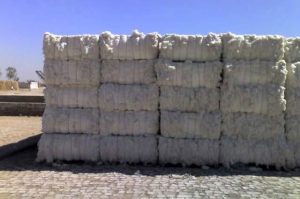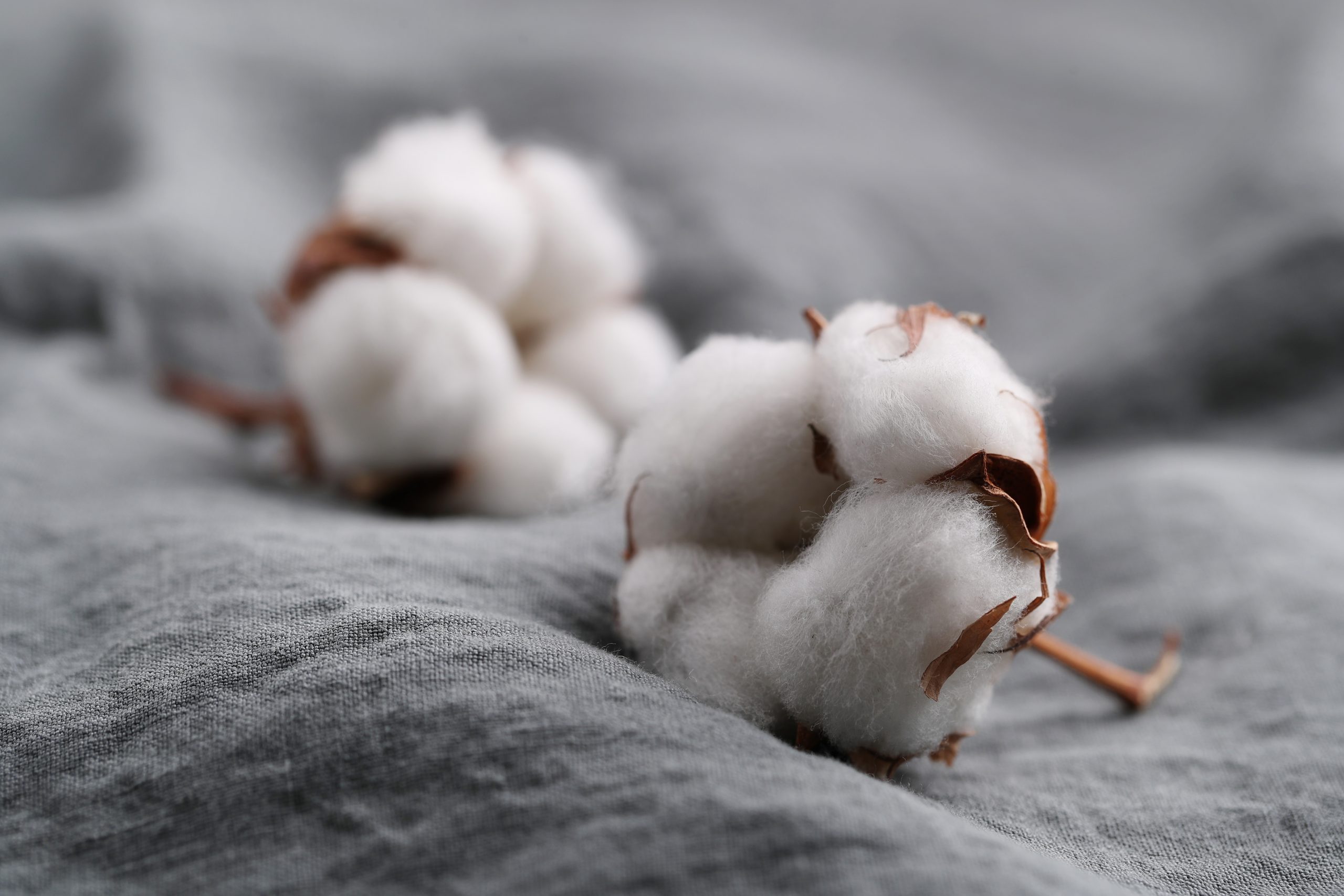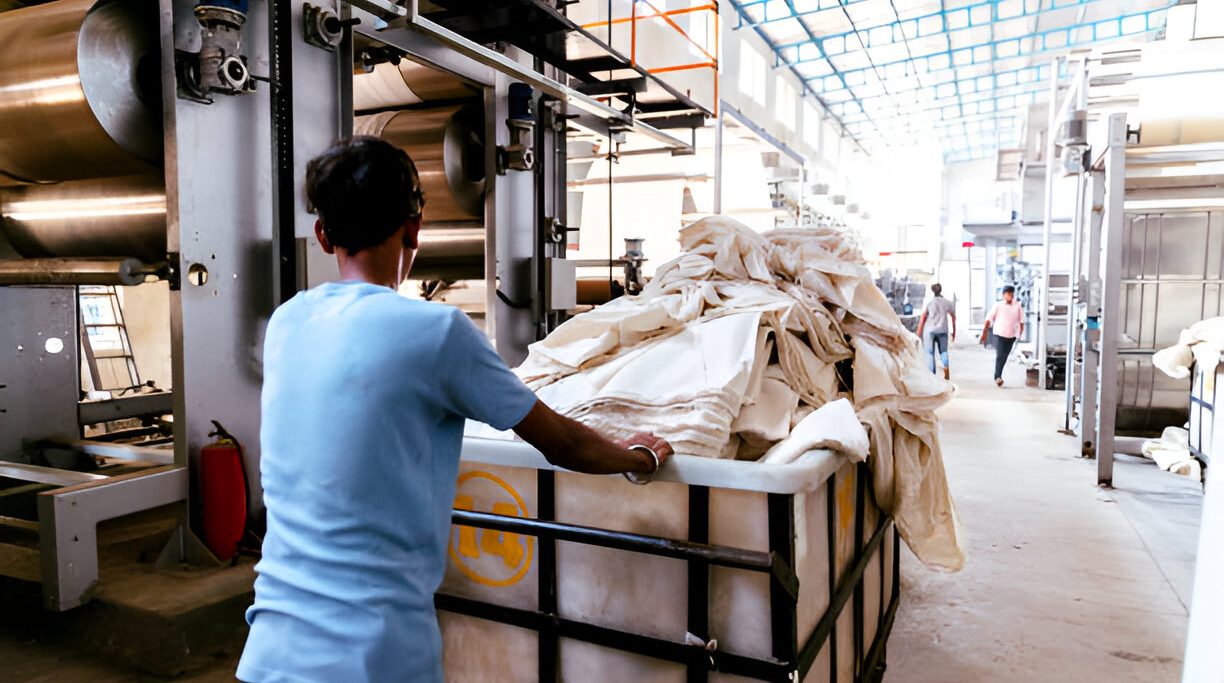Cotton has been the pioneer of comfortable fashion for ages now. It has been one of the most recommended, vegan, hypoallergenic fabrics to wear. With an increase in global consciousness, more and more consumers have moved to the use of organic cotton.
A recent study conducted by the Textile Exchange’s 2020 Organic Cotton Market Report shows a 31% increase in the production of organic cotton in the year 2018/19. The results showed fascinating information on the increasing number of farmers that shifted to the manufacture of organic cotton and went on to produce about 239,787 metric tons of the product, in 19 countries on 418,935 hectares. In addition, a lot more area of land is being allotted to the production of organic cotton all over the world. But why is there such a drastic shift towards the production of organic cotton?
Normal cotton came to be termed as the dirtiest crop in the world for the amount of toxic chemicals that was being used in it’s production and the extensive damage caused due to it to air, water, soil and human health. As consumers voiced their concerns against the toxicity of normal cotton production, governments and organisations all over the world started shifting towards a more sustainable mode of cotton production. General safety concerns, got farmers and corporations invested in the idea of altering their methods of cotton cultivation to lower environmental impact. Organic cotton is the way to go about with this as it did not involve genetic modification or the use of any synthetics.
This cotton is produced as per the organic agricultural standards without causing any harm to soil, water and air by using more natural alternatives for cultivation. It combines traditional methods alongside technological developments to create a healthier crop. Farmers cultivate organic cotton by regulating the water supply and soil integrity through all seasons, using only natural fertilisers and organic cotton seeds for cultivation, avoiding GMOs and toxic chemicals and instead relying on the natural process for a better yield. Many regions of the Asian Subcontinent have started cultivating organic cotton as a result of more conscious farming.

This shift from producing one of the dirtiest crops in the world to a more organic cotton has yielded tremendous results and benefits like reducing environmental footprints as it requires less water and energy and also has a lesser impact on air and soil. It also promotes better livelihood for the farmers and residents who had to otherwise face the wrath of the toxic chemicals. Safer work space would automatically mean a more positive output and yield.
Cultivating a more sustainable cotton also paved way for a more futuristic model as organic cotton being rain fed upto 80% can flourish even at a point of time when the world might be facing a massive water shortage. Absence of chemicals contribute to conserving the purity of the existing water thus providing scope for farmers living in water – scarce areas to make a livelihood out of it. Organic cotton that is grown from cotton seeds which can be used to make highly nutritious oils, further contributes to a healthy lifestyle and waste reduction.
As conscious brands catering to an ever more conscious generation with an increasing number of people following more sustainable methods of living, it isn’t very difficult to choose clothing manufacturers who use organic cotton and sustainable production techniques.
As a member of the Business Social Compliance Initiative and certified by The Global Organic Textile Standard (GOTS) and Good Manufacturing Practises (GMP), Cotton Monk has been a firm believer of eco – conscious production and sustainable means of cotton sourcing. We use the best of organically cultivated cotton for our production and try to eliminate as much involvement with chemical synthesisers as possible because Quality and Sustainability is our top priority.
Now the truth of the hour is that conventional cotton is easier to make and much cheaper. However, what use is efficiency at the cost of healthier living standards, quality and a safer environment? As responsible consumers and brands, by choosing organic cotton over the conventional one, you have the power to influence a change for the better. As a higher demand and a higher production would only mean marginalised costs and more extensive choices. So the next time you want to get your clothing supply, you know what to ask to make sure that your cotton is definitely organic!



